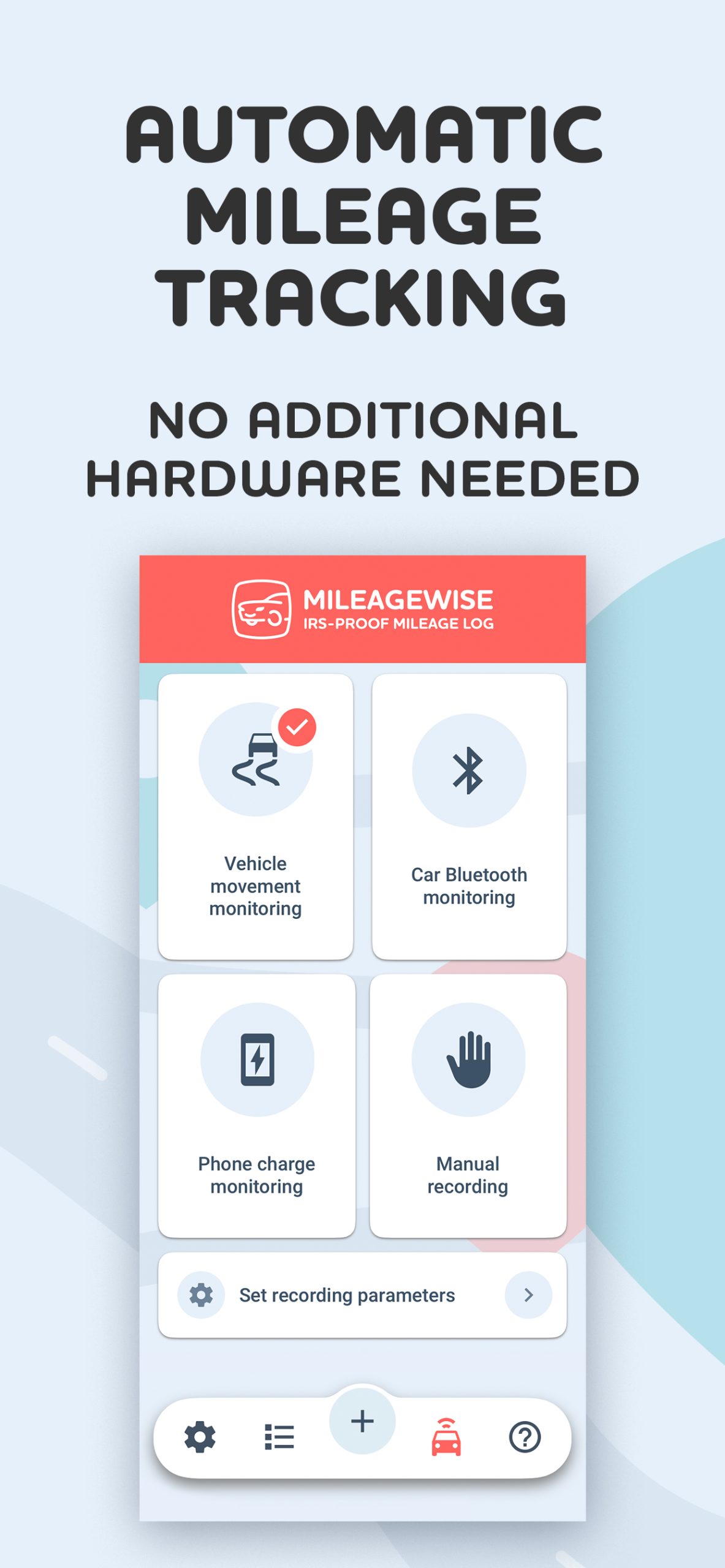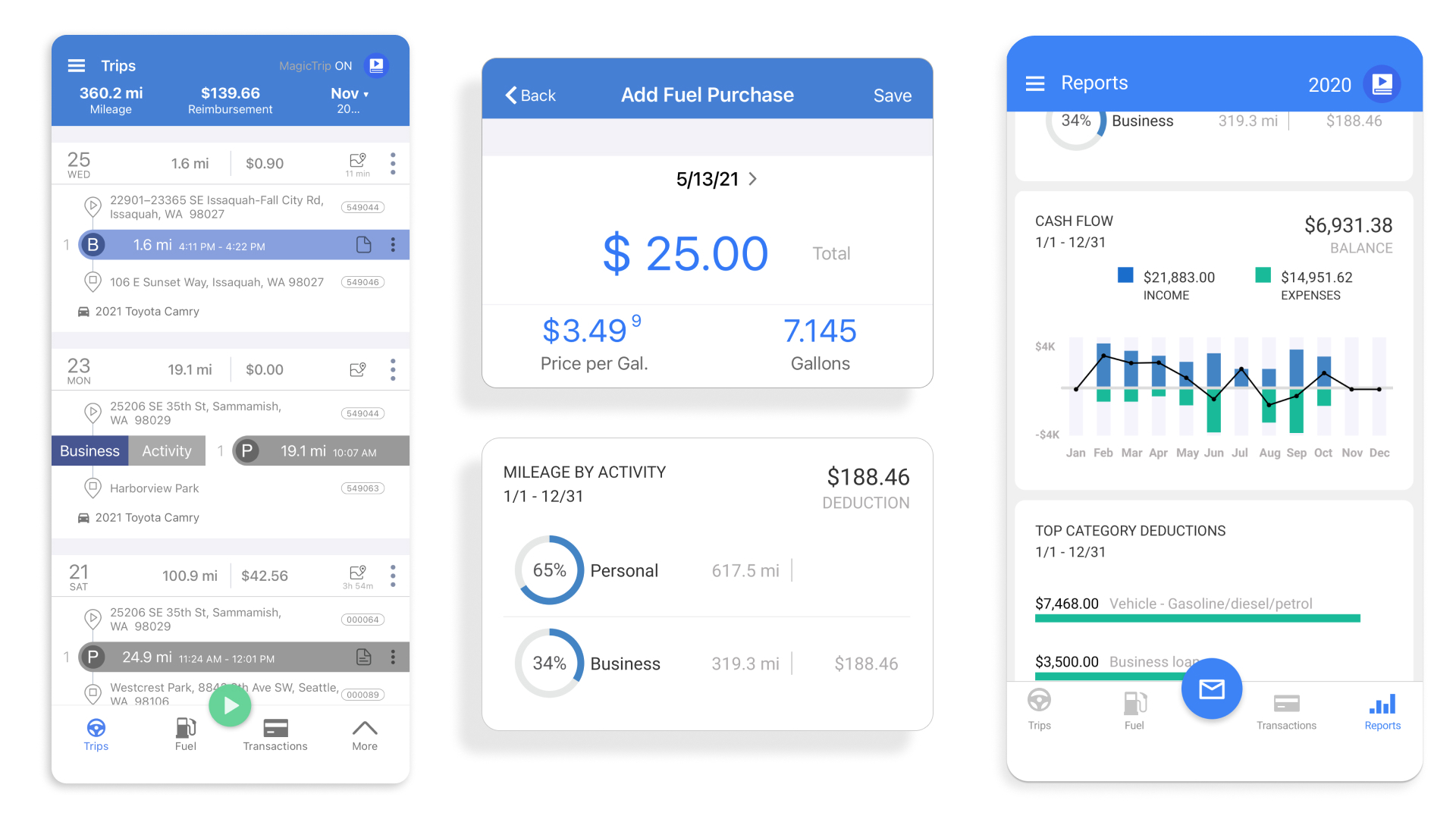The Ultimate Overview to Choosing the Ideal Mileage Tracker for Your Needs
Picking a proper gas mileage tracker is critical for efficient financial management, whether for company repayments or tax obligation functions. Understanding your particular tracking needs and the functionalities offered by numerous services can substantially influence your choice. From GPS-based automatic tracking to hands-on access alternatives, each choice provides unique advantages and considerations. Key attributes like trip categorization and software assimilation can additionally influence your choice process. As we explore these dimensions, you might discover that the ideal gas mileage tracker is not as straightforward as it appears. What variables will ultimately lead your choice?
Understanding Mileage Monitoring Needs
When choosing a mileage tracker, it is crucial to thoroughly comprehend your specific tracking requirements. This understanding will lead you in picking a remedy that not only meets your needs however likewise improves your tracking experience.
Following, think about the volume of gas mileage you commonly accrue (mileage tracker app). If you regularly take a trip for job, a tracker with durable abilities for high gas mileage tracking may be beneficial. Furthermore, evaluate your recommended approach of tracking: do you prefer a hand-operated access system, or would an automated monitoring attribute better fit your lifestyle?
Make certain that the gas mileage tracker you select integrates effortlessly with your smartphone or accounting software program, assisting in simple information administration. By taking the time to assess these variables, you can make an extra educated decision that aligns with your gas mileage tracking needs.
Key Features of Mileage Trackers
Identifying the essential features of gas mileage trackers is critical for maximizing their utility and guaranteeing they line up with your monitoring needs. Among the most crucial features is automatic tracking, which makes use of GPS modern technology to properly tape gas mileage without hand-operated input. This not only conserves time however additionally decreases errors connected with manual access.
One more necessary attribute is the capability to classify journeys, allowing customers to identify in between individual and service travel. This classification streamlines cost reporting and tax reductions. Additionally, several gas mileage trackers supply combination with audit software, promoting seamless information transfer and improving economic monitoring.
User-friendly interfaces are additionally vital; user-friendly designs ensure that individuals can conveniently browse the application and access important features. Cloud storage capabilities allow for safe information back-up and gain access to from multiple tools, making sure that mileage records are constantly available.
Lastly, adjustable coverage attributes can assist users produce outlined summaries and understandings, enhancing their decision-making process. By prioritizing these key attributes, individuals can pick a mileage tracker that finest fulfills their details requirements, ultimately enhancing their monitoring efficiency and precision.
Comparing Popular Mileage Tracking Apps
The landscape of gas mileage tracking applications varies, with various choices readily available to satisfy various individual demands. Popular apps such as MileIQ, Everlance, and Stride offer distinct functions and capabilities that can enhance the gas mileage tracking experience.

MileIQ is renowned for its automatic tracking capacities, easily logging drives in the history. Users value its user-friendly user interface and the capacity to categorize trips with a swipe, making it perfect for those who choose a hands-off strategy.

Stride attracts attention for its concentrate on gig economy employees. It uses a cost-free gas mileage tracking option together with attributes especially made to aid users maximize their reductions, making it an appealing selection for rideshare chauffeurs and distribution workers.

Examining Equipment vs. Software program Solutions
Users seeking reliable gas mileage monitoring options need to consider both software and hardware alternatives. Hardware remedies normally entail dedicated tools, such as GPS trackers or OBD-II adapters, which attach straight to Go Here a vehicle. These devices can provide accurate, real-time tracking and frequently need minimal user input. They might include greater upfront costs and call for installment, which can be a deterrent for some users.
On the other hand, software application solutions mostly contain mobile applications or on the internet platforms. These devices utilize mobile phones or tablets to track mileage using GPS modern technology. They usually provide straightforward interfaces, enabling easy data access and report generation. In addition, several software program remedies incorporate seamlessly with existing accounting or cost monitoring systems, giving boosted functionality and comfort.
When examining hardware versus software, customers should think about elements such as spending plan, convenience of usage, and specific monitoring requirements. For those that choose a hands-off approach, hardware might be ideal, while customers looking for versatility and cost-effectiveness might be attracted toward software services. Inevitably, the selection will certainly depend upon specific choices and requirements for effective mileage tracking.
Tips for Effective Gas Mileage Monitoring
Preserving precise gas mileage documents is essential for both individual and organization objectives, as it can influence tax obligation reductions and reimbursement cases. To make certain efficient gas mileage tracking, think about implementing the complying with approaches.
First, choose a trusted gas mileage monitoring tool that fits your demands, whether a mobile application or a committed gadget. Search for functions such as automated tracking, GPS capability, and very easy information export options.
Second, develop a regular for logging your mileage. Make it a practice to videotape your journeys daily, noting the function and path. This technique lessens errors and noninclusions, ensuring that you capture all relevant information.
Third, categorize your journeys continually. Set apart between business and individual mileage to streamline tax obligation reporting and reimbursement processes.
Furthermore, frequently back up your data to stop loss (mileage tracker app). Cloud-based options can supply assurance by automatically saving your records
Conclusion
In final thought, selecting the optimum mileage tracker necessitates a thorough analysis see this site of specific tracking requirements, wanted functions, and compatibility with existing systems. By taking into consideration aspects such as automated versus manual tracking, journey classification, and combination capacities, customers can make enlightened choices that straighten with their details demands. Inevitably, a well-chosen mileage tracker can boost precision in record-keeping and improve the process of organization repayment and tax obligation reductions, therefore boosting overall performance in mileage management.